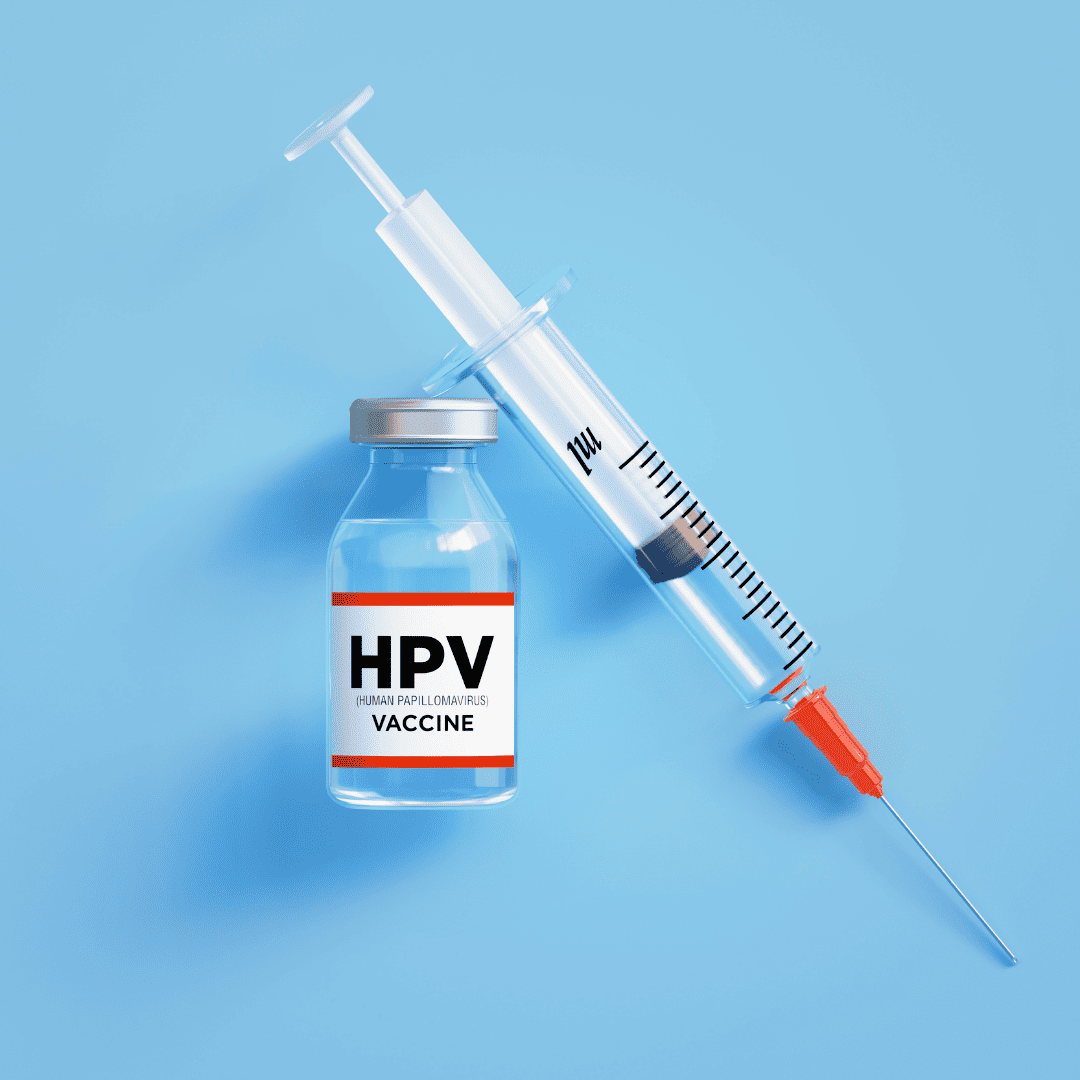Farting, Tooting, Passing Gas, Breaking wind – whatever you call it – obvious and excessive farting ain’t NORMAL!
Yeah, I know, some of y’all are shaking your head saying Dr. Kelley can’t be right! EVERYONE farts, right?!
Sure they do BUT it should be subtle and basically unnoticeable to you and everyone else!
If you walk around feeling like you must fart all the time then no, that’s not normal. If you go through a day and don’t think about it and don’t even realize you’ve released gas then yes, that’s normal!
People TRY to normalize it (usually vegan blogs!) – saying that if you’re not farting all the time then something is wrong with you. NO IT IS NOT! It’s the opposite!
Be careful when people try to confuse NORMAL and COMMON. I’ve said it before, just because it’s COMMON does NOT mean it’s NORMAL! And actively and noticeably farting all the time is NOT normal!
If a food/diet makes you farty then something negative is happening in your gut!
Have you ever noticed that some people fart all of the time while others never seem to fart. And then some farts are super stinky (like rotten eggs) and others don’t smell at all?
So let’s break this down – why am I saying this?
Let’s first discuss what a fart is!
To Fart is defined by Merriam-Webster as “to expel intestinal gas from the anus”. Also called flatulence.
The key concept here is “intestinal gas”. There would be no need to expel so much it if it wasn’t created in large amounts, right?
What is NORMAL then?
Passing small amounts of relatively unnoticeable gas is the normal process. In a normal, healthy individual that occurs about 15-20 times/day and should really go unnoticed by all.
We eat, we break down food down in a variety of ways (stomach, pancreas). Nutrients are absorbed in the small intestine. Then “food” travels to the large intestine where our microbiome starts to work on fermenting our proteins and carbohydrates (proteolytic fermentation/saccharolytic fermentation, respectively) to create short chain fatty acids (SCFA – that are crucial to our survival), B vitamins, neurotransmitters, etc. During this process gases are certainly produced in small amounts but SHOULD NOT cause intestinal distention and discomfort nor the need to constantly, actively pass this gas. The upper gut (stomach, small intestine) should be free of bacteria so no fermentation should occur there – although in cases like SIBO some bacteria have traveled up into the upper gut and fermentation happens there causing much distress.
Then what exactly is frequent farting caused by?
Dysfunctional Microbiome – You might have too many opportunist/dysbiotic bacteria crowding out your good bacteria in your gut (e.g., SIBO) – these might be methane gas producers or hydrogen sulfide gas producers or just overgrowth of normal bacteria that produce hydrogen, nitrogen, CO2. But there are too many and this overgrowth contributes to excessive gas production and so many GI symptoms – including bloating and farting.
Cruddy diet – some people just eat crap – I’m talking about franken food – stuff that doesn’t even qualify as food and yeah, that’s gonna cause significant distress and inflammation in your gut – including gas production.
High FODMaP foods – Some people are highly sensitive to FODMaP foods – Fermentable Oligosaccharides, Disaccharides, Monosaccharides and P FODMAPs are types of carbs/sugars that are difficult to break down and be absorbed in our gut. However many people eat high FODMaPs foods daily and have no trouble but there are plenty of people who have such a dysfunctional gut microbiome and leaky gut that their body will over-react to these foods and cause extreme GI distress (bloating, diarrhea, constipation, flatulence, etc.). A little more info on FODMaPs and a low FODMaP Diet can be found HERE.
Too much fiber (grains, supplements) – can cause significant GI distress and gas production.
RECAP: A healthy person will pass gas around 15-20 times per day without really noticing (or smelling😊). They won’t be bloated or even feel like they need to pass gas. Beyond that scenario it’s starting to get into a problem area and questions must be asked. Why are you not breaking food down? Are you eating inflammatory foods? Are your healthy gut microbiome species present? Do you have an overgrowth of species? So many reasons why you could be a farter! You must review your food/drink/supplement choices. You must investigate your gut microbiome dysfunction. Takes some fact-finding for sure!
A simple gut microbiome test like the GI Map provides us with SO much information about how your body is responding/reacting to what you put into it – food, drinks, medications, supplements such as pro and prebiotics. Always good to determine the “whys” of why you feel the way you do 😊
Hugs!
Dr. K
INTERESTED IN CHATTING WITH DR. KELLEY CLICK ON THE BUTTON BELOW 🙂

